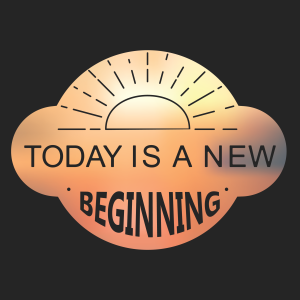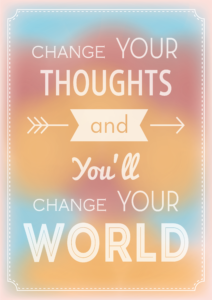I am a card-carrying member of the ‘Dialoguers’ (of course that isn’t an actual organization but it defines those who tend to be in dialogue with whoever and whatever (defined as books, or the radio/TV, etc.) is ‘there’). I do find that I fit quite easily into that category. I much prefer dialogue, iron-sharpening-iron to pontificating (regardless of who may be doing it). Dialoguing is an act that involves listening as well as speaking, that is learning based – though sharing your discoveries is definitely part of this definition. Listening is critical because if you don’t allow the other person to finish their thought you may be responding to the ‘wrong’ comment.
When I was teaching in college, my first ‘lecture’ often started with a statement that I expected the students to share in the teaching/learning environment/’contract’ even if their part, initially, was only asking questions. My bias has always been that my ‘job’ was to teach students to ask questions rather than giving them answers. Anyone can ‘teach’ from the framework of providing details, facts, information but it is far more beneficial to start from the premise that the importance was helping students to learn to ask questions – then they could discover the answer.
Involved in this activity is always dialogue. Dialogue provides the framework to share what is known, what has been learned and to test this understanding against what others know and have learned. Sometimes the dialogue confirms what you think and believe and sometimes it calls into question what you think you know and believe. Now the test of a student. How do you react to someone who believes quite contrary to what you believe and supports it with the same information that you do?!
Many times the discovery is one of semantics – that you may be using the same words but have different definitions or using different words but have the same definitions. This is the excitement of dialoguing! And it is the foundation for learning, discovering, and understanding. Depending on your attitude and how you resolve conflict, dialogue is the greatest opportunity to learn. It allows you to refine what you believe. It supports your thinking or leads you into further discovery. Dialoguing is really all it’s cracked up to be.






